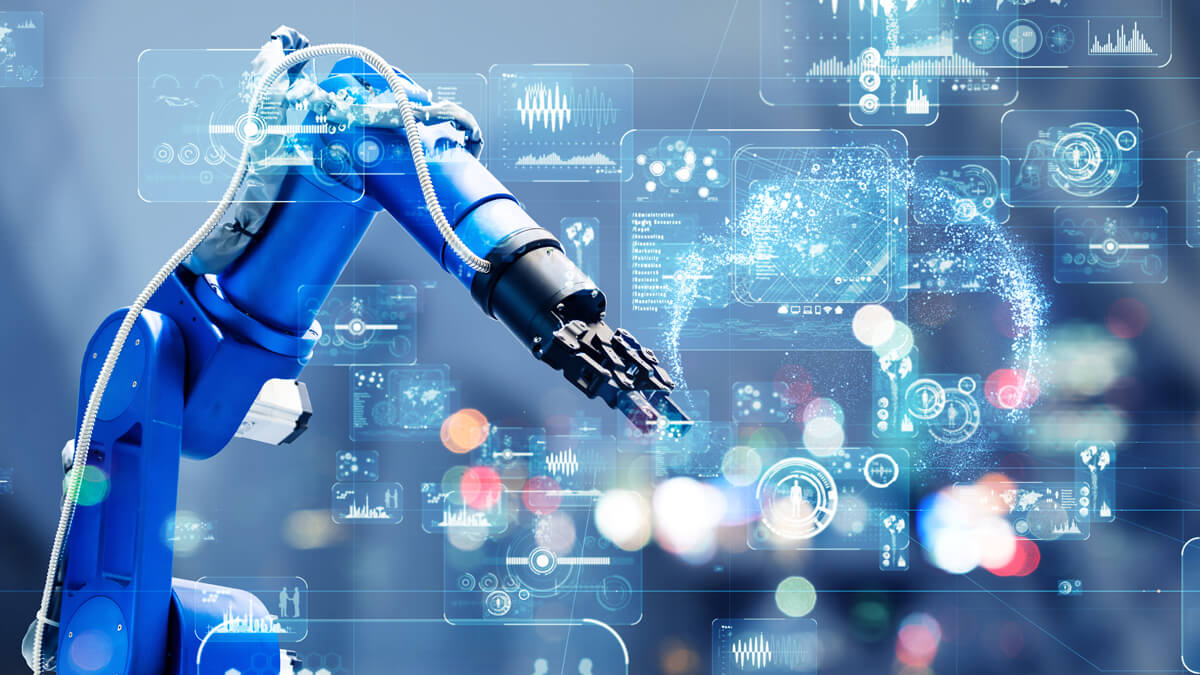In the fast-paced world of business, where efficiency and productivity are paramount, the term “automation” has become increasingly prominent. Let’s embark on a comprehensive journey to decipher the intricacies of automated definition, automation meaning in business, and the various facets that collectively shape the landscape of modern enterprises.
Understanding Automation: A Holistic Approach
Defining Automation: Breaking Down the Basics
To comprehend the significance of automation, we must first delve into its fundamental definition. So, what is an automation? In essence, automation refers to the utilization of technology and systems to perform tasks without human intervention. This entails the creation of automated systems that can execute processes seamlessly, enhancing overall operational efficiency. Understanding what is an automation is pivotal in grasping the broader scope of automation in different industries.
One must first delve into the fundamental question of what is the definition of automation. In essence, automation refers to the utilization of technology and systems to perform tasks without human intervention. This encompasses the creation of automated systems that can execute processes seamlessly, enhancing overall operational efficiency. As we unravel the layers of automation, understanding its core definition becomes the cornerstone for appreciating its multifaceted impact on businesses across industries.
In the context of modern technological advancements, the term ‘automated system definition’ plays a pivotal role in shaping our understanding of sophisticated processes. An automated system refers to a set of interconnected components or software applications that operate seamlessly to perform tasks without constant human intervention. The automated system definition encompasses a wide range of applications, from industrial automation and robotics to computer systems that execute predefined tasks. As technology continues to evolve, the clarity and precision of the automated system definition become increasingly important, ensuring that stakeholders across various industries have a common understanding of the capabilities and limitations of these complex systems.
Unpacking Automation in Business
The integration of automation in the business realm signifies a paradigm shift. In the context of automation meaning in business, it encompasses the incorporation of advanced technologies to streamline operations, reduce manual efforts, and optimize resource utilization. Businesses are embracing automation to gain a competitive edge in the dynamic market landscape.
The Crucial Elements: Defining Automation Components
Automated Systems Defined
At its core, an automated system refers to a set of interconnected elements designed to perform specific tasks without constant human oversight. These systems leverage a combination of hardware and software, working in tandem to achieve predefined objectives. Understanding the intricacies of automated systems is pivotal in grasping the broader scope of automation in different industries.
Navigating Job Automation
Job automation definition extends beyond the mere execution of tasks. It encapsulates the transformation of traditional job roles through the integration of automated processes. As industries evolve, job automation definition to enhance efficiency, reduce errors, and allocate human resources to more strategic and creative endeavors.
Unveiling the Dynamics: Automation in Action
The Dynamics of What Automation Does
When pondering what does automation do, the answer lies in its ability to execute tasks with precision and speed. Automation streamlines workflows, minimizes errors, and facilitates scalability. From manufacturing processes to customer service, automation is reshaping the way businesses operate on a day-to-day basis.
The Significance of Automating Definition
Automating definition itself is a testament to the adaptability of language in the digital age. With the aid of Natural Language Processing (NLP) and machine learning algorithms, automating definition ensures that information is processed and categorized efficiently, contributing to the ever-evolving lexicon of technology and business.
Navigating the Business Landscape: Automation Business Definition Explored
Crafting the Automation Business Definition
In the context of automation business definition, it encapsulates the strategic incorporation of automated processes to achieve specific business objectives. Whether it’s enhancing production efficiency, improving customer experience, or optimizing supply chain management, businesses are increasingly relying on automation to drive growth and innovation.
The Transformative Impact of Automation
Automation transcends routine tasks; it is a catalyst for transformative change. Businesses leveraging automation experience increased productivity, reduced costs, and a heightened ability to adapt to market dynamics. As we explore the nuances of automation in business, it becomes evident that it is not merely a tool but a strategic imperative for sustainable success.
Peering into the Future: The Evolving Landscape of Automation
Emerging Trends in Automation
The landscape of automation is dynamic, with continuous advancements shaping its trajectory. From Artificial Intelligence (AI) and machine learning to robotics, the future of automation holds limitless possibilities. Staying abreast of emerging trends is essential for businesses aiming to harness the full potential of automated systems.
Shaping Tomorrow with Automated Definition
As we peer into the future, the role of automated definition becomes increasingly pivotal. The dynamic nature of technology demands a continuous evolution of language to accurately represent the ever-expanding spectrum of automated processes. Automated definition ensure clarity and precision in communication within the rapidly evolving technological landscape.
Embracing the Automated Revolution: A Call to Action
Cultivating a Culture of Automation
For businesses seeking sustained growth and resilience, embracing automation is not a choice but a necessity. Cultivating a culture that embraces automation fosters innovation, agility, and a proactive approach to addressing challenges. It positions businesses to thrive in an era where adaptability is synonymous with success.
Empowering Businesses through Automation
In conclusion, automation transcends its technical definition. It is a transformative force that empowers businesses to navigate complexities with efficiency and agility. From automating routine tasks to redefining job roles, the impact of automation is profound. As businesses embark on this automated journey, they must not only understand the technicalities but also embrace the cultural shift that comes with it.

